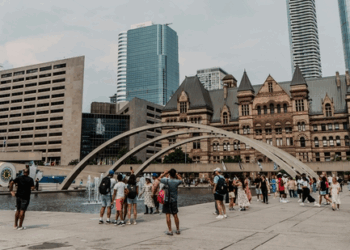Delhi breathed cleaner air for 128 days during the first half of 2024, according to a recent report. This marks a significant improvement for a city that has long struggled with severe air pollution, which often ranks among the worst in the world.
The report, released by the Central Pollution Control Board (CPCB), highlighted the improvement in air quality as a result of a combination of factors. Favorable weather conditions, including more frequent rains and stronger winds during the spring months, played a major role in dispersing pollutants. Additionally, enhanced measures by the Delhi government, such as the enforcement of stricter pollution control norms for industries, improved vehicle emission standards, and a continued push towards electric vehicles, contributed to cleaner skies.
Officials have also noted the positive impact of tree plantation drives, public awareness campaigns, and anti-dust measures in construction zones. Delhi’s Environment Minister lauded the efforts but acknowledged that long-term and sustainable changes are still necessary to combat the challenges that return during the colder months.
Experts, however, warn that while the 128-day streak is a major achievement, air quality in the capital still dips to hazardous levels during winter due to factors such as crop stubble burning in neighboring states, a rise in vehicle emissions, and industrial pollution. The winter season could see a reversal of these positive trends unless these issues are tackled head-on.
The Delhi government has expressed optimism but reiterated the need for stricter regulations and stronger public participation to ensure that such clean air days become more frequent throughout the year.








 India
India












